Health
Uganda’s Swedish Embassy Celebrates Karolinska-Makerere 20-year Research Cooperation
Published
3 years agoon
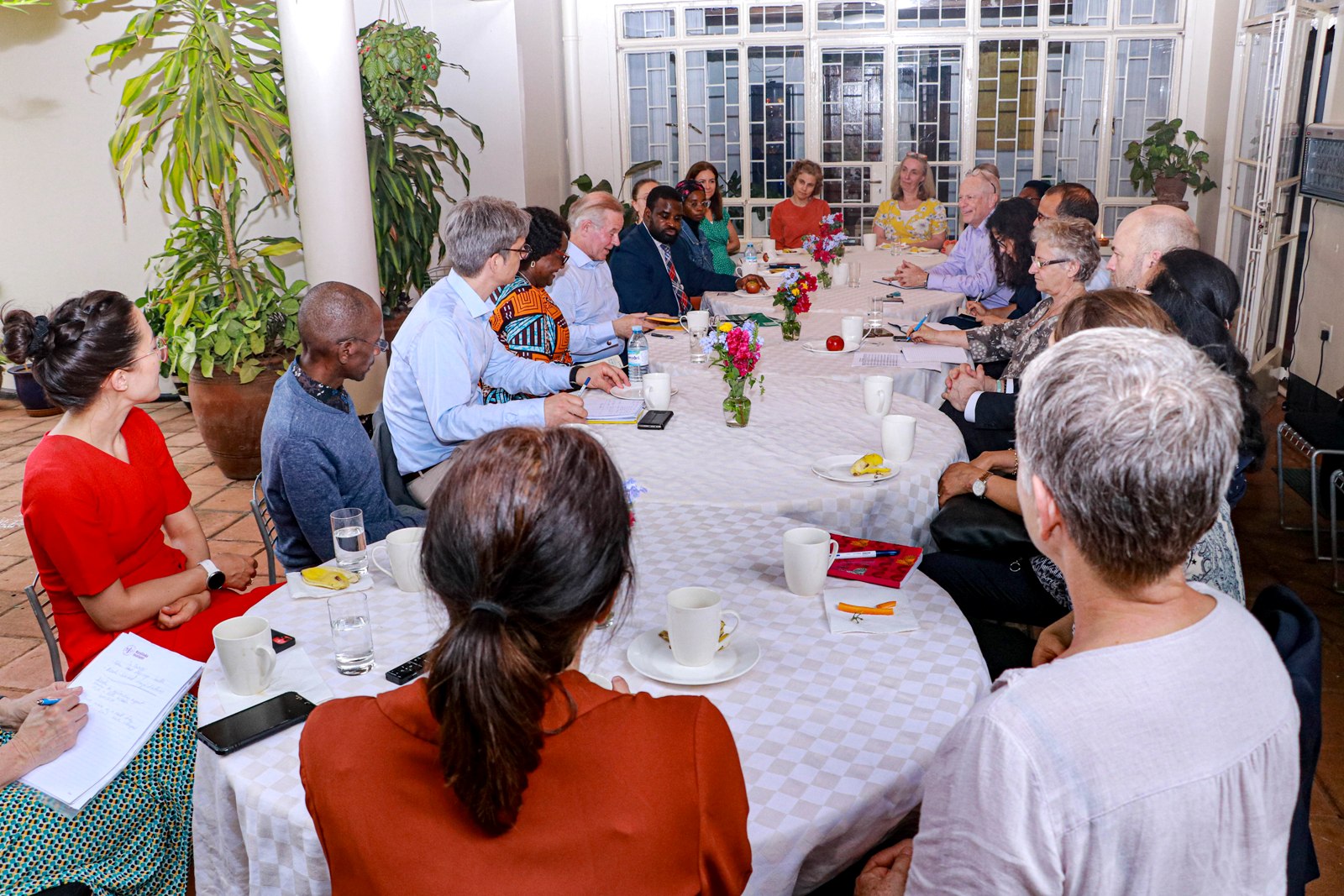
Kampala, May 5, 2022—On May 4, more than 100 research and innovation stakeholders were hosted by the Swedish Ambassador to Uganda to mark the two-decade-long research partnership of the Karolinska Institute and Makerere University.
The teams from Makerere University led Professor Rhoda Wanyenze, the Rector Benadir University Professor Mohamed Mohamud Bidey, and President, Karolinska Institute Professor Ole Petter Ottersen were ushered into at the Swedish Ambassador’s Residence located along Elizabeth Avenue in Kololo, Kampala where the team held cordial discussions.
Adam Kahasai Rudebeck, the Deputy Head of Development at the Embassy speaking on behalf of the Ambassador H.E Maria Hakansson who is currently away on official duties back home said Sweden capacity strengthing, (at the level of individuals as well as institutions) and networking with Swedish universities/ institutes has always been at the center of the mission’s objective with a long-term commitment and a scientific cooperation on equal footing as important cornerstones.
“As we are all aware, with the emergence of the ‘knowledge economies’, nations and regions respond the new challenges that affect choices in the development of higher education, research and innovation systems,” he said.
Mr. Rudebeck said the Swedish Government has identified support to higher education and research as one important area of Swedish development cooperation. Over the years, in terms of monetary terms, the total Swedish support amounts to 120million USD.
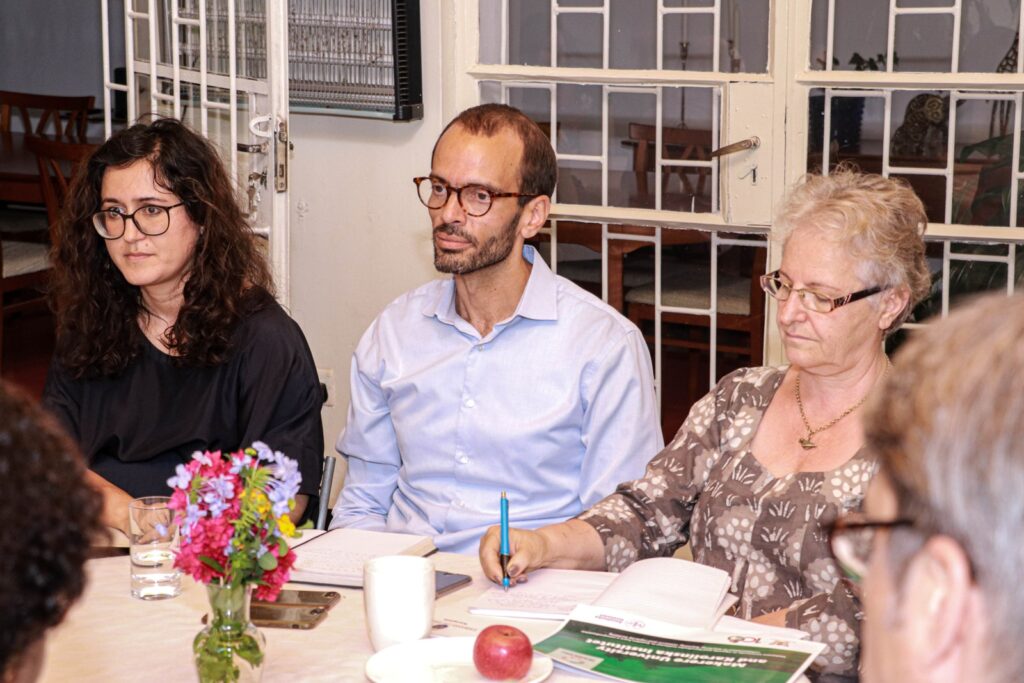
“The production, accumulation, transfer and application of knowledge are all central factors in socio-economic development and are increasingly found essential to national and regional development strategies. And while access to local and international scientifically based knowledge is crucial to the development in all countries, it is critical in developing countries,” said Mr. Rudebeck.
These celebrations coincide with Makerere University’s 100 anniversary. Speaking at the event, Professor Ole Otterson said he was excited that the more than 20 years research collaboration gave birth to Karolinska Institute’s international flagship project — the virtual Centre of Excellence for Sustainable Health (CESH), a collaboration between Makerere University and Karolinska Institutet. He proposed a toast for the first 100 years of Makerere University citing that the collaboration has shown potential for sustainability and reciprocity.
“Not only do we celebrate 100 years since the foundation of 100 years of Makerere University, but we celebrate at least 22 years of the collaboration between Makerere University and Karolinska institute,” said Prof. Ottersen.
CESH seeks to develop capacity and mobilise actions to drive the agenda for sustainable health and the philosophy of the collaboration and the Centre is permeated by the 2030 Agenda and the 17 Sustainable Development Goals.
Professor Ottersen says SDGs casts a responsibility on everyone to ensure we achieve the target three (3) of Good Health and Wellbeing for all, at all ages. “We all know that we have these goals, that we should reach within 8years from now, the sustainability development goals. Quite an ambition. But sustainability has a special meaning when it comes to collaboration and in particular academic collaboration,” he said.
“Sustainability means that we must have a special mindset. Whatever we do in terms of research, should have a long-term perspective. So not only should we in our collaborative research think ahead to the day that the publication is out with our findings… that is just a step. The very essence of sustainability is that we should think, one step further,” Professor Ottersen explains.
He urged researchers to be self critical and ensure they embrace value, and the importance and the necessity of reciprocity. “More often, we have been blind when we move into collaborative projects across continents. We have done this, perhaps, not having this open mind that there could be reciprocity. It means that we should have an open mind; that we should learn from each other in a reciprocal fashion; and this will make a difference when it comes to the health of the future generations,” Professor Ottersen.
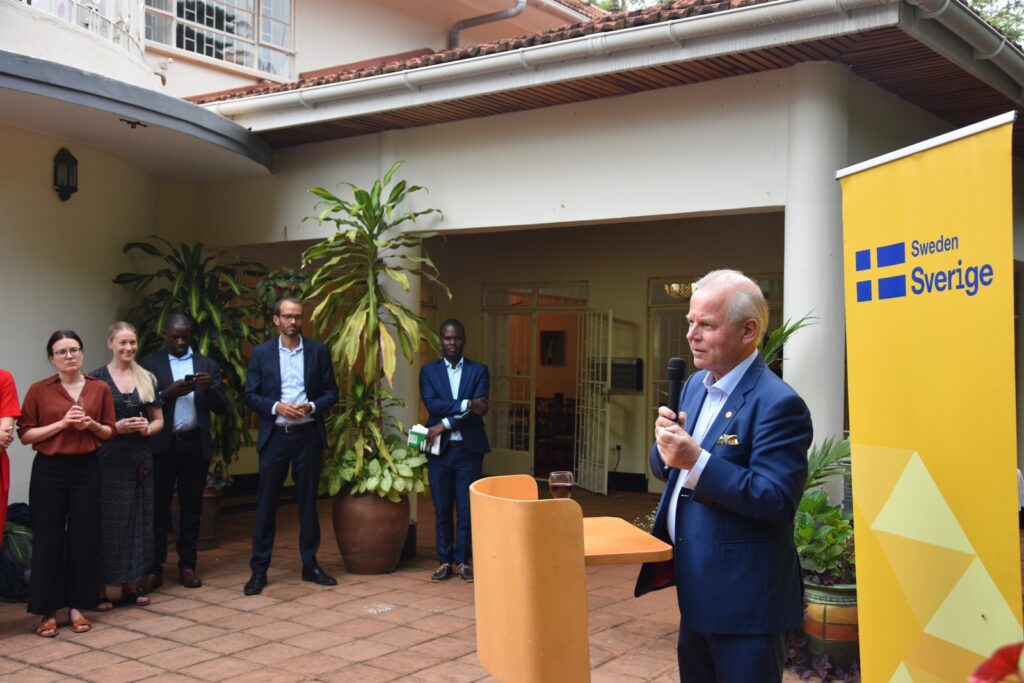
Since 2000, Sweden has maintained bilateral research cooperation with Uganda with support particularly in research in the country through thematic regional programs.
The overriding rationale for this move according to the ambassador was that Uganda needed at least one research university that was able to produce graduates, with qualified analytical skills for the country at large.
“Against this background, it was decided to focus the contribution towards strengthening the capacity for research, and training to the country’s major university, Makerere University in Kampala. Since then, the Swedish research funding to Uganda has included components of institutional support that is organically linked to support for graduate training, institution-building, postgraduate training, and the existence of an environment that is conducive for research and research training are all part of one single effort,” he said.
In addition to supporting the Makerere University Library, Labs, ICT, GIS, Gender mainstreaming and cross-cutting PhD course among others, Sweden entered cooperation with four other public universities including Kyambogo, Busitema, Gulu and Mbarara University of Science and Technology from 2010,
According to the Ambassador, Uganda’s prosperity is important, both as a source of global growth and to promote an inclusive sustainable globalization. Further citing that effective, balanced international partnerships between Swedish and Ugandan Universities and in the region are essential for continuing to tackle the global challenges laid out in the SDGs.
“Your current 5 years agreement of the establishment of the Center of Excellence for Sustainable Health will not only capitalize on the exciting partnership between the two institutions but is also an important next step in the long-standing collaboration and a significant contribution in the efforts to reach the Sustainable Development Goals,” said the representative to the Ambassador.
Professor Rhoda Wanyenze, the Dean, School of Public Health –Makerere University while speaking on behalf of the Vice Chancellor Professor Barnabas Nawangwe said the Swedish government and Karolinska Institute have truly been great partners to Makerere and a great part of the 100 hundred years.
“You did not give us the fish. You taught us how to fish. And you went beyond that in terms of the support for our systems for research. You supported the ecosystem for that research. So many years down the road, we have so many PhDs smart young people across generations that have used the knowledge and the skills that they picked from this support to be able to grow networks across Africa. We are doing so much work across Africa because of the skills and the capacity that we picked from this collaboration,” Prof. Rhoda said.
She also noted that the partnership needs to demonstrate that growth by helping others citing that true leadership means supporting and uplifting those that might not have had the same privilege and bring them along.
“The world has become so small although we continue to draw boundaries. The problems do not have boundaries and we now need to transcend those boundaries so that we can speak about the issues that move the world to the next level. I am really looking forward to the Centre of Excellence for Sustainable Health being that nucleus that can activate that change so that we can make this world a better place,” says Prof. Wanyenze.
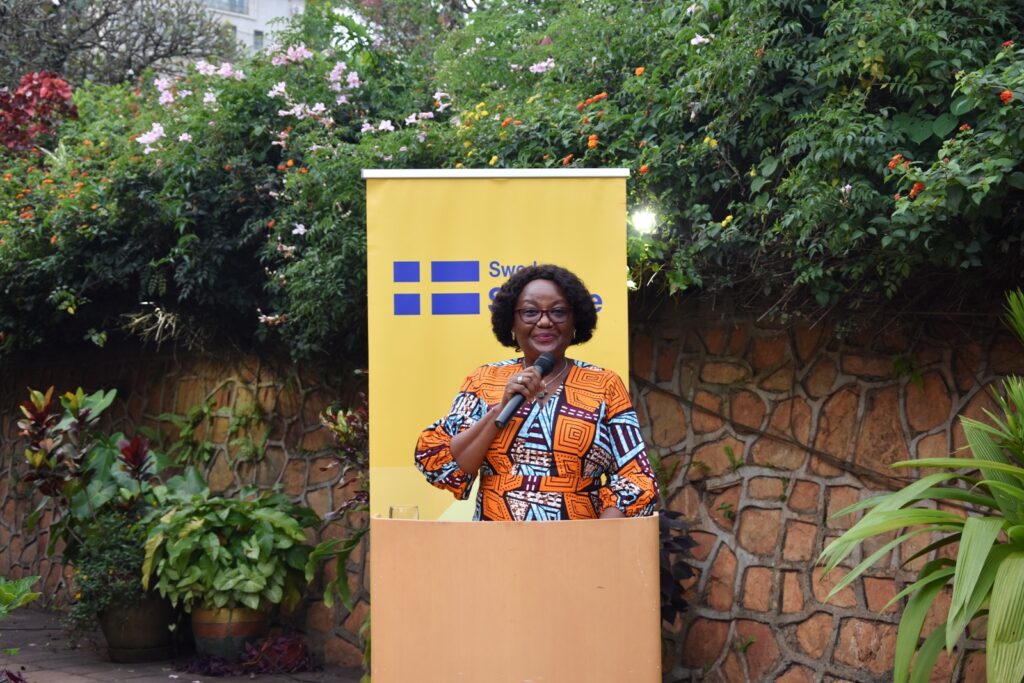
She thanked the Swedish government for giving Makerere University an opportunity build capacity and continue inspiring other institutions across the region including Somalia, the DRC and the globe.
“To the Swedish government through the Embassy, there has been so much impact out of the investment which you have done. So, when you count the investment, it’s not just about the number of people that were trained. A lot of the networks that we have today, a lot of work what we are doing with colleagues in Somalia and in DRC, and so much more is as a result of the investment that you chose to do. To invest in us and that we can also invest in others so that this is sustainable. Thank you so much for contributing to the 100 years of Makerere and as our motto says we build for the future, so we are building for the next 100 years and more and professor peter and the team, colleagues from Somalia, it’s exciting to know that you are going to be part of the next 100 years as we build for the future,” Prof. Wanyenze said.
The Swedish government support through SIDA was built on establishing a partnership between Ugandan and Swedish Universities, and during the years, it has developed to a partnership between more than 17 Swedish universities/ institutions and 5 Ugandan universities that are also linked to several regional and international networks.
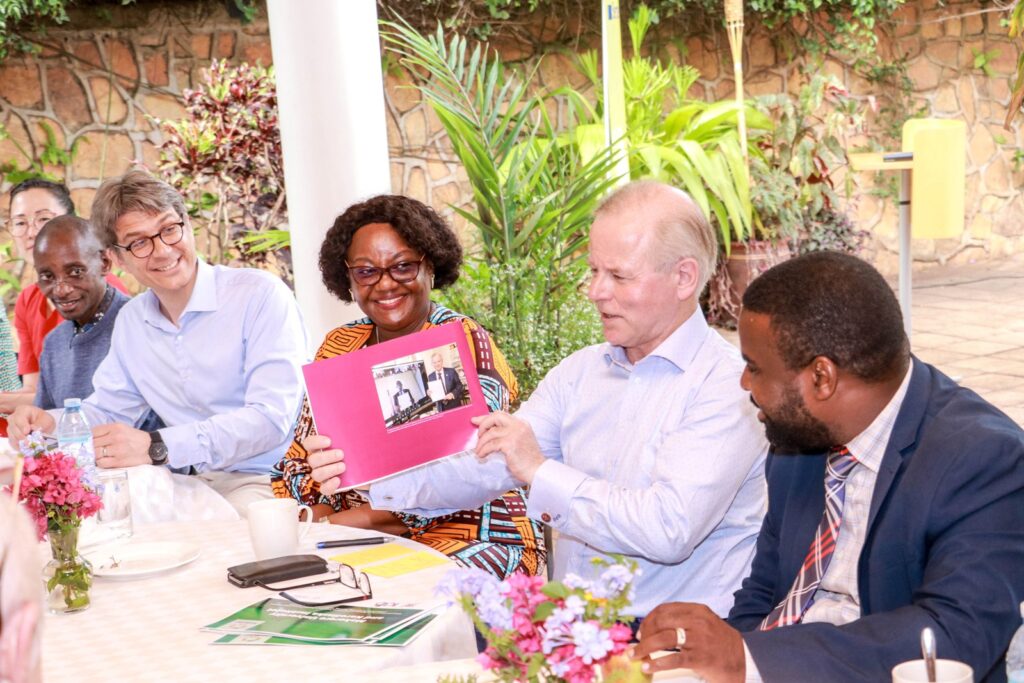
You may like
-
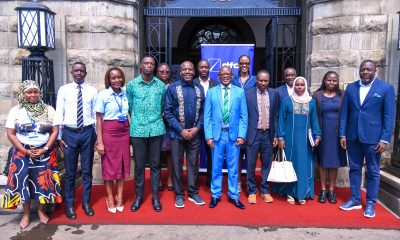

Makerere University, DFCU Bank Sign MoU to Advance Innovation, Student Leadership and Research
-
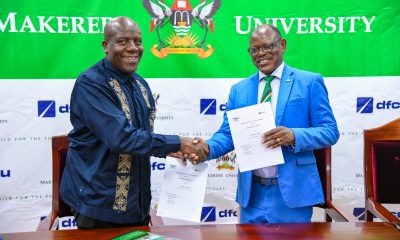

Press Release: Mak & DFCU Partner to Enhance Higher Education, Research & Student Support
-


CARTA Fellow Dr. Oporia Appointed to WHO Global Alliance for Drowning Prevention
-
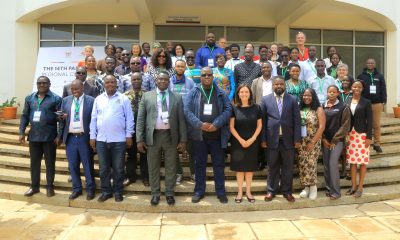

Harmonizing Africa’s Future through Musical Arts Education
-
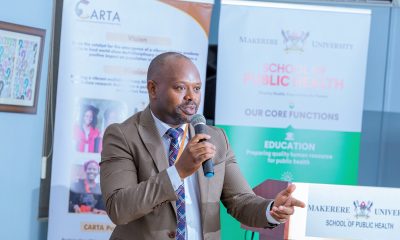

CARTA Focal Person Dr. Isunju Appointed to MakPress Editorial Board
-
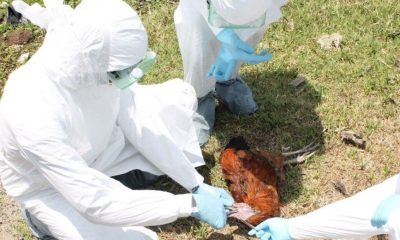

Advancing Regional Health Priorities Through the CARTA Research Hubs
Health
Call for Abstracts: Digital Health Africa 2025
Published
6 days agoon
July 2, 2025By
Mak Editor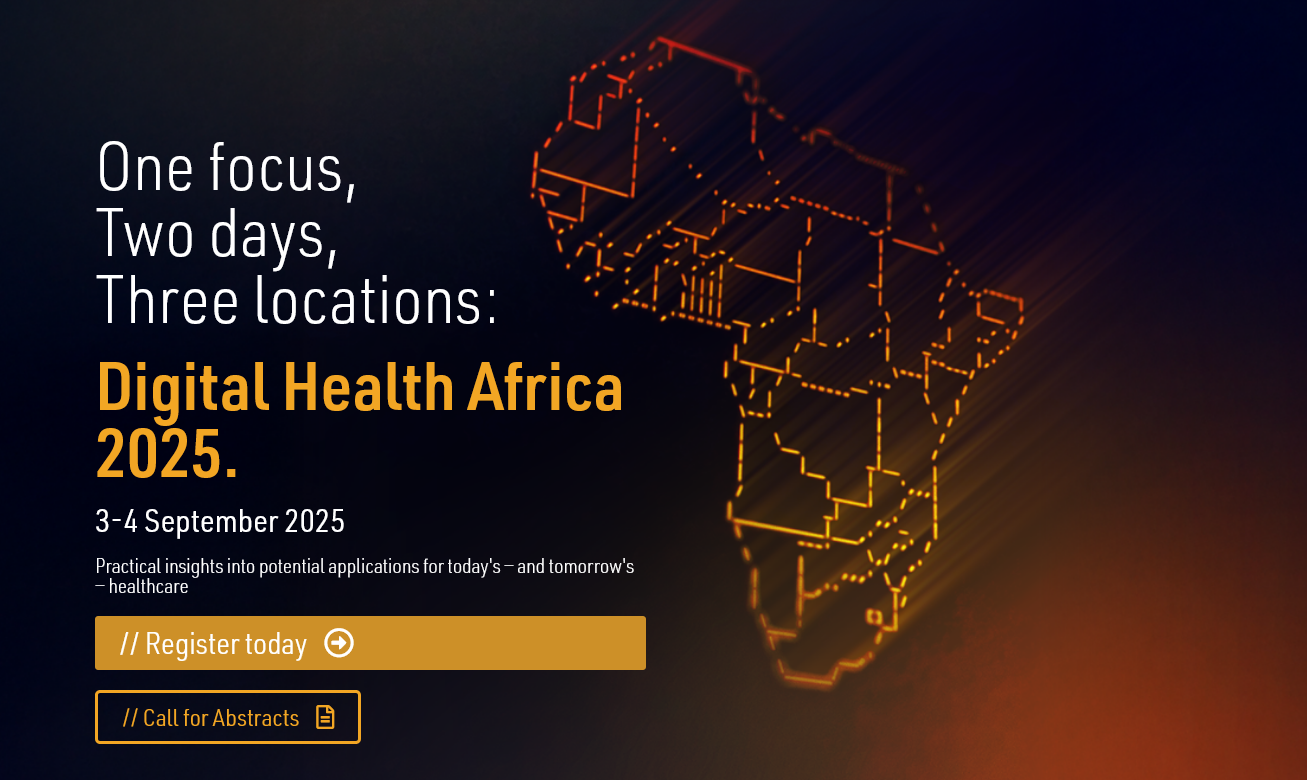
The Digital Health Africa 2025 Conference will provide practical insights in the potential applications of digital technologies, using maternal and child health, as important examples. Topics of interest will include patient registries, safety signals, vaccine use in pregnancy/breastfeeding, labelling of vaccines in pregnancy, emerging infections and antibiotic resistance, telemedicine, pharmacometric modelling, precision medicine, medicines regulation, ethical and legal aspects, and capability enhancement.
Applying an integrated multi-site face-to-face and remote format, this hybrid Conference will use digital tools to allow delegates and speakers from three different regions, South Africa, Uganda and Germany, as well as fully virtual participants to engage with one another. This will offer a nexus for collaboration and networking to promote partnerships among local and international stakeholders as well as capacity building for young scientists. Delegates will have the opportunity to engage with experts from industry, academia, healthcare providers, government and regulatory agencies as well as patient representatives to learn from one another and to gain valuable insights into the latest trends and best practices in digital health.
Abstracts should fit into one of these categories:
- Maternal and Child Health (MCH) & Digital Innovation
- Infectious Diseases & Antimicrobial Resistance (AMR)
- Digital Health Systems & Scaling
- Governance, Data Management & Interoperability
- Artificial Intelligence in Health & Research
- Pharmacometrics & Digital Tools
- Case Studies & Lessons Learned
- Cross-cutting & Strategic Perspectives
Submission deadline: 31st July 2025.
Accepted abstracts will be presented as interactive posters:
- a physical poster presentation at one of the conference sites
- an e-poster (digital version of your physical poster for sharing online)
- a 3-minute recorded presentation to accompany the poster.
Presenters with accepted posters will be offered complementary conference registration.
Submit your poster abstract here: https://forms.gle/aXYHeZSwX2EhEUas5
Health
Emorimor Calls for Makerere to Upgrade Parenting Course
Published
1 week agoon
June 30, 2025By
Zaam Ssali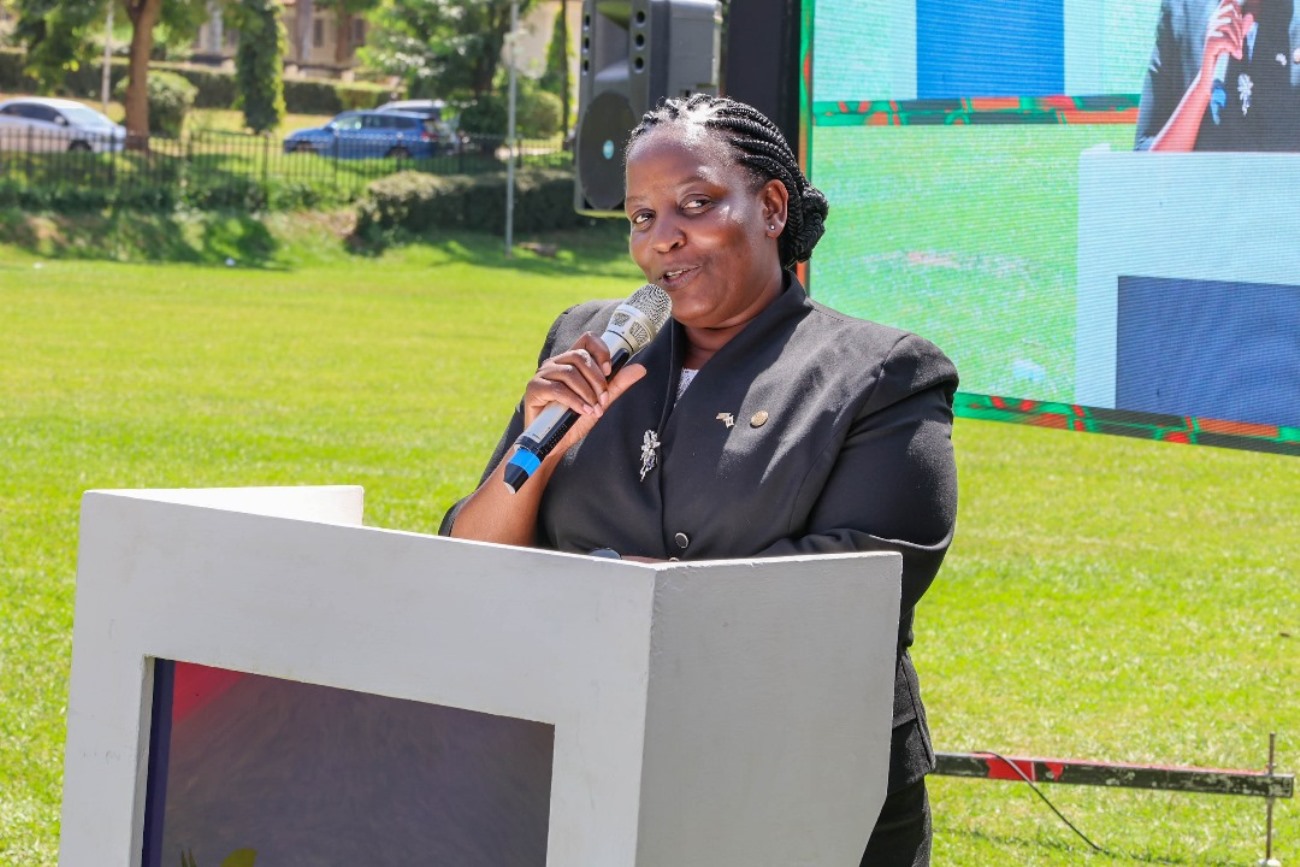
The Iteso Cultural Leader, His Highness Emorimor Papa Paul Sande Emolot, has called on Makerere University to elevate the Science of Designing, Adaptation, and Implementation of Evidence-Based Parenting Interventions course into a fully-fledged programme. This, he argued, would strengthen the capacity of practitioners implementing parenting interventions across Uganda.
Speaking at a graduation ceremony held on 11th June 2025 at Makerere University where 35 practitioners completed the 12-week course, Emorimor Papa Emolot emphasized the transformative power of effective parenting. He urged aspiring parents and advocates of the Parenting for Respectability model to enroll in the course.
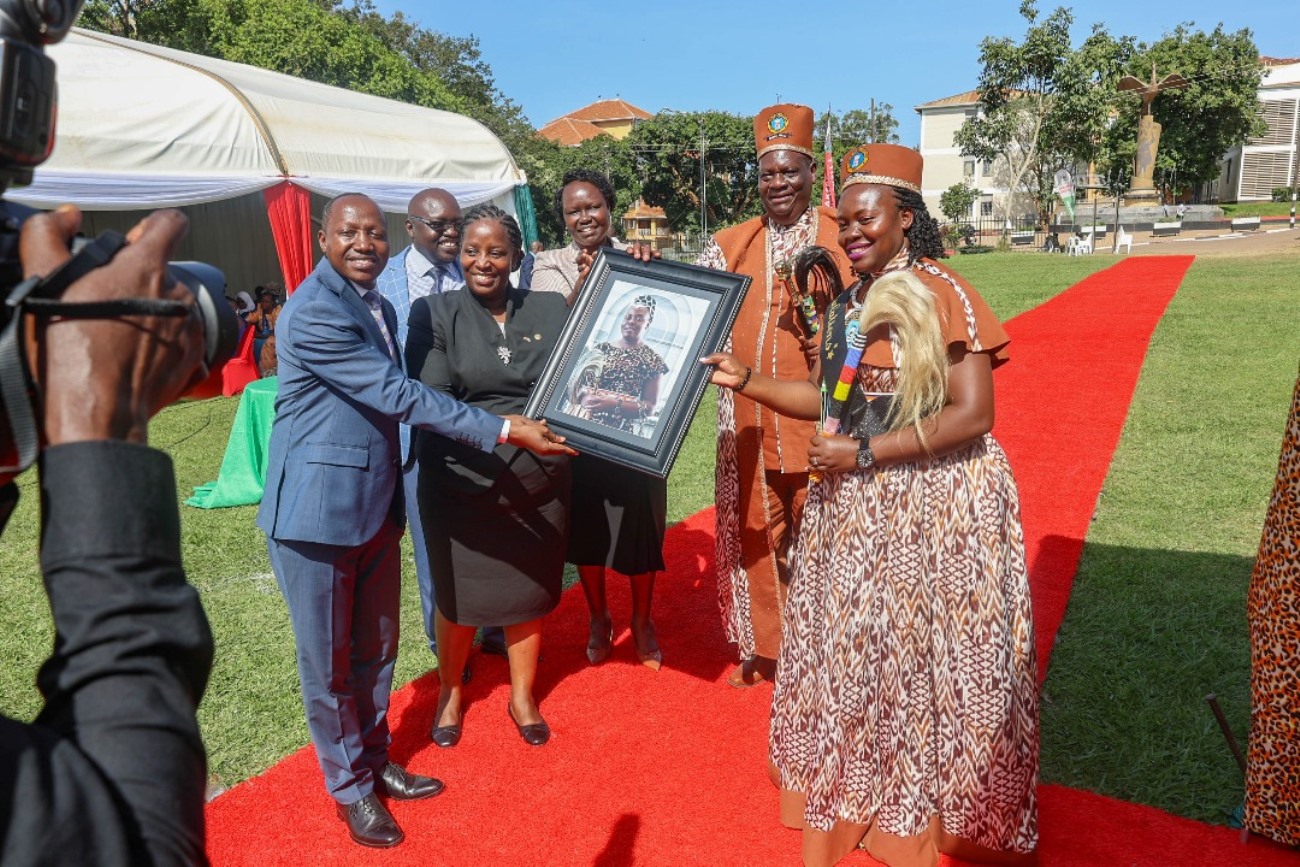
Citing the impact in his own sub-county and village, the cultural leader revealed that over 800 families had already benefited from the programme.
“We now see peace and love in homes where there was once conflict. Without good parenting, you risk raising animals instead of children,” he passionately stated.
He praised the course for equipping practitioners, policymakers, and researchers with the skills needed to design culturally sensitive, evidence-based parenting interventions tailored to Uganda’s context. Among the notable graduates was Her Royal Majesty Juliet Among Emolot Atomeileng Akaliat Toto, who reaffirmed her commitment to advancing family-strengthening initiatives using the skills and knowledge acquired.
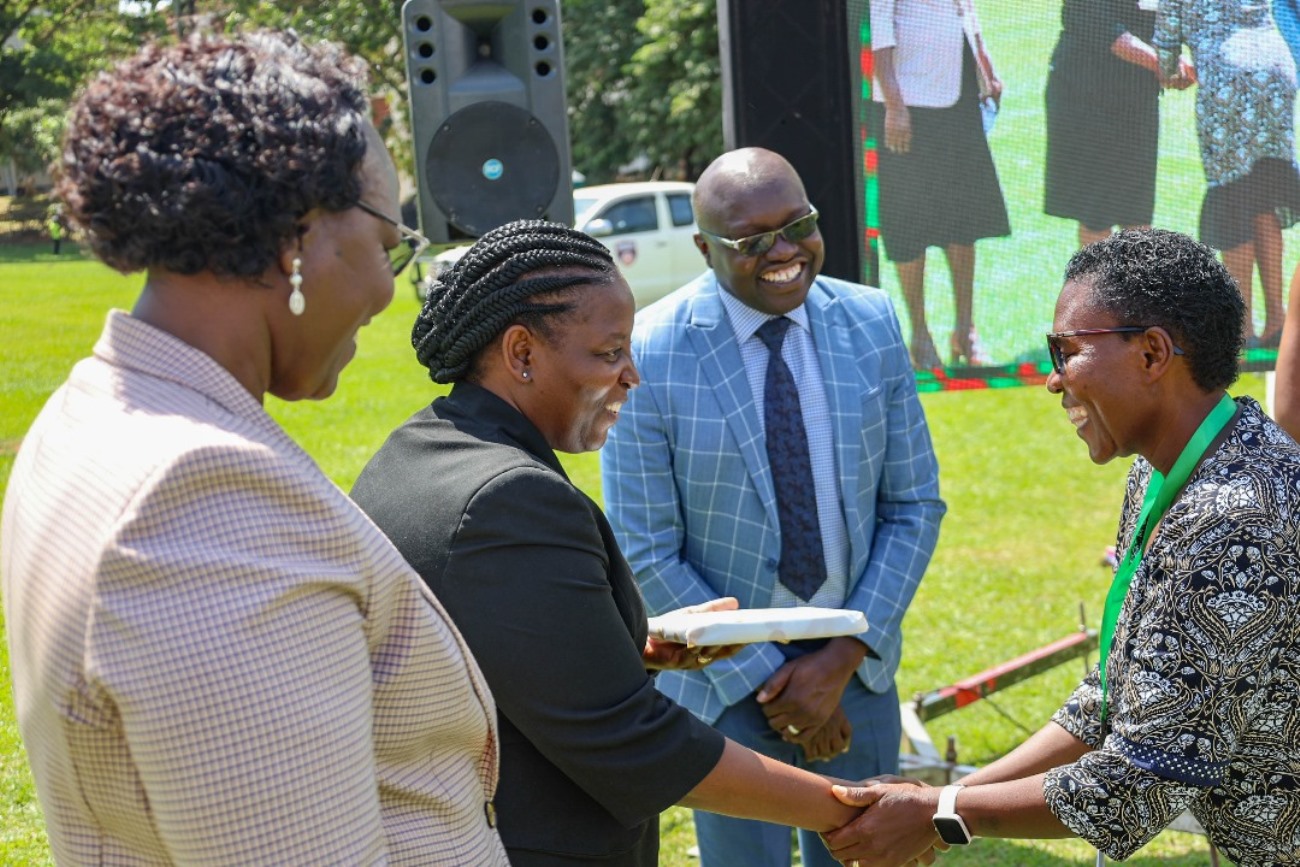
Dr. Godfrey Siu, Senior Lecturer and Course Leader at Makerere University, described the course as a timely intervention. During this remarks, Dr. Siu described the event as a significant milestone in advancing the field of evidence based parenting intervention and family strengthening in Uganda.
“This course is meant to empower you as practitioners, policy makers and all those involved in development and implementation of parenting work. It provides both theoretical knowledge and practical tools essential for developing high quality interventions”, Dr. Siu noted. He urged the pioneer group to carry forward the expertise as champions of designing, adaptation and implementation of evidence parenting interventions.
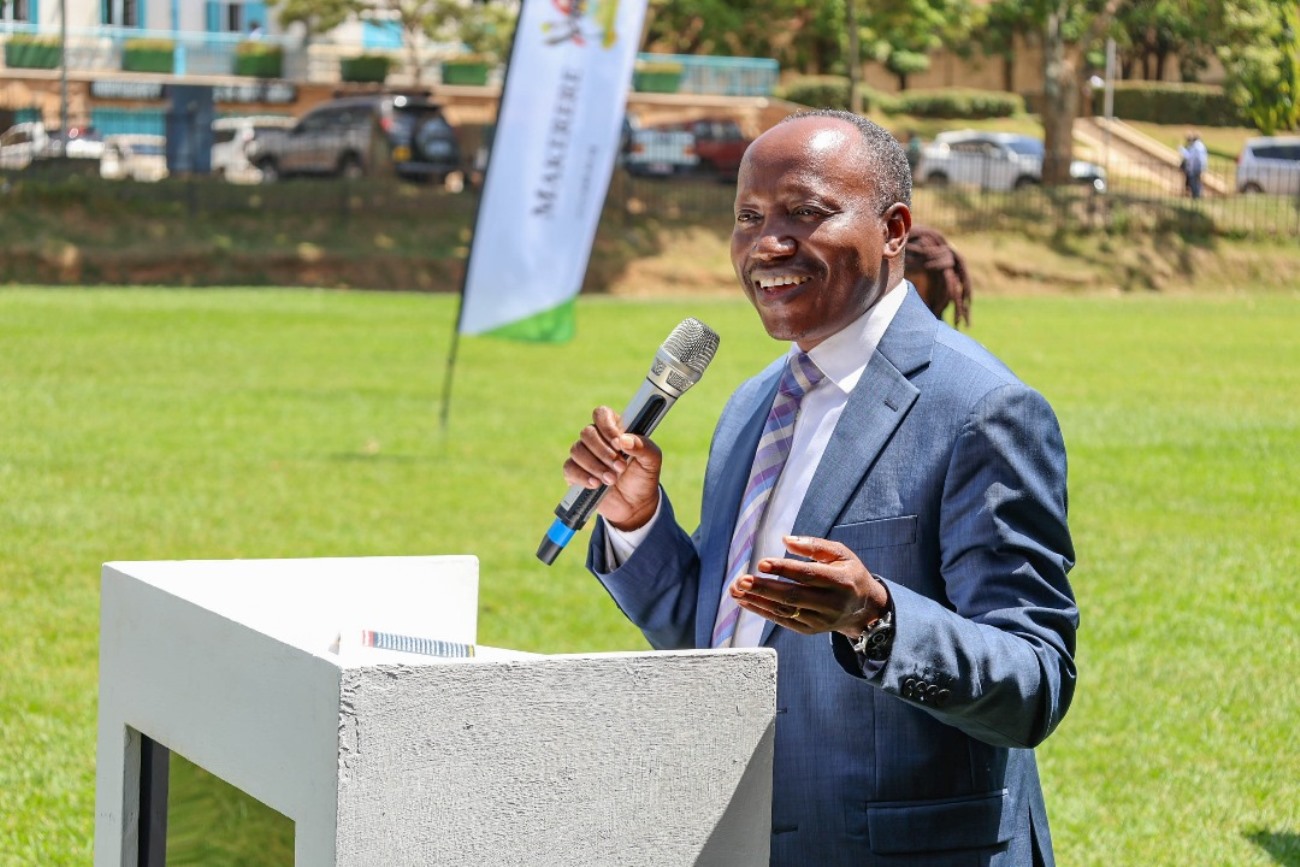
Representing the Permanent Secretary of the Ministry of Gender, Labour and Social Development, Dr. Aggrey David Kibenge, Juliana Naumo, Commissioner for Culture and Family Affairs, said the course supports the government’s agenda to address negative social outcomes affecting families.
“By grounding parenting in research, harmonizing policy with practice, and advocating for equity, we will ensure no family is left behind,” she said. “Cross-sectoral collaboration is key to unlocking transformative change.”
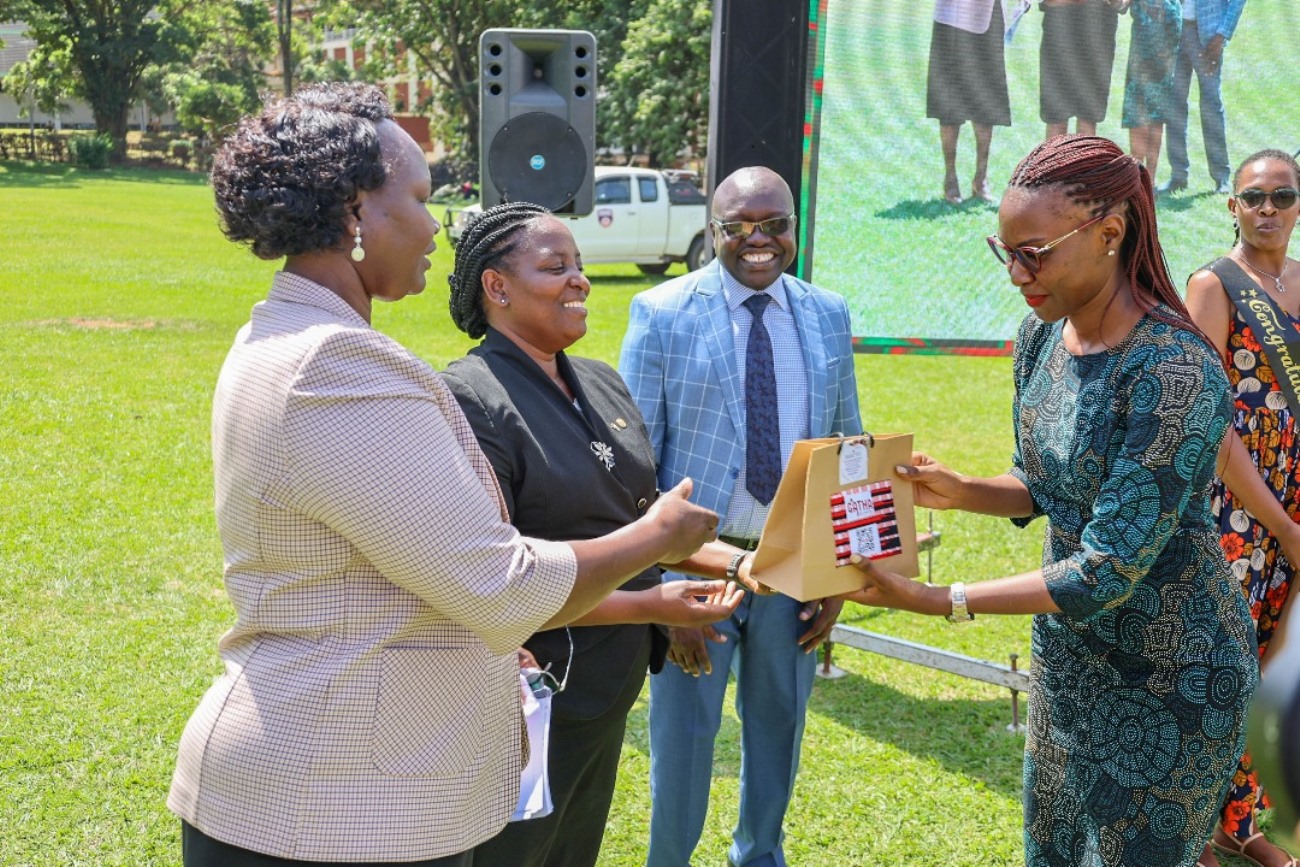
Ms. Naumo highlighted the government’s commitment—both technical and financial—to support outstanding student projects from the course. She stressed the importance of equipping professionals with the skills to bridge gaps between research and practice for consistent, high-quality parenting support across Uganda. While delivering the Vice chancellors speech by Dr. Helen Nambalirwa, Principal of the CHUSS, Prof. Barnabas Nawangwe commended the graduates as a beacon of hope.
“At a time when parenting faces challenges like digital distractions, changing societal norms, and a rising mental health crisis, Makerere reaffirms its support for interventions that drive the societal transformation we desire,” Nawangwe stated.
Prof. Richard Idro, Deputy Principal of the College of Health Sciences, acknowledged the growing parenting challenges in Uganda and the region, adding that the course was a major step towards standardizing parenting interventions nationwide.

He applauded the Child Health and Development Centre (CHDC) for leading this paramount and critical initiative.
Mr. Hosea Katende, Course Administrator at CHDC, emphasized the importance of integrating systematic methods, ethical principles, robust evidence, and collaboration to create lasting impact in parenting.
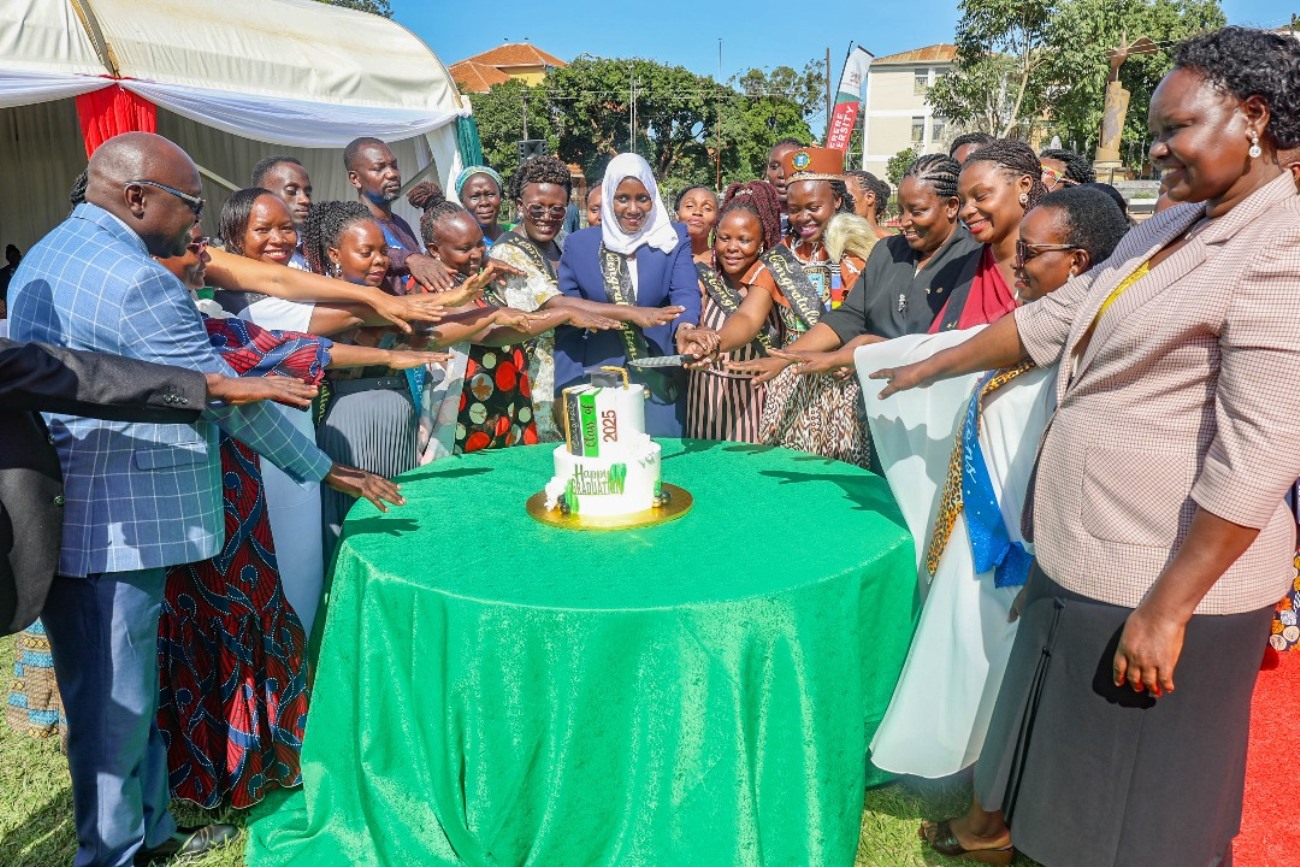
Dr. Aggrey Dhabangi, Lecturer at CHDC, representing Dr. Herbert Muyinda, Director of CHDC, acknowledged the contributions of partners such as the ELMA Foundation and Echidna Giving for their financial and capacity-building support. He also appreciated the Ministry of Gender, Labour and Social Development, among other stakeholders, for their technical guidance in the programme’s successful implementation.
Dr. Dhabangi extended gratitude to cultural institutions, especially the Kingdom of Teso, and acknowledged growing collaborations with other cultural institutions such as the Kingdom of Acholi, in the shared mission of building strong families as the foundation of Uganda’s future.
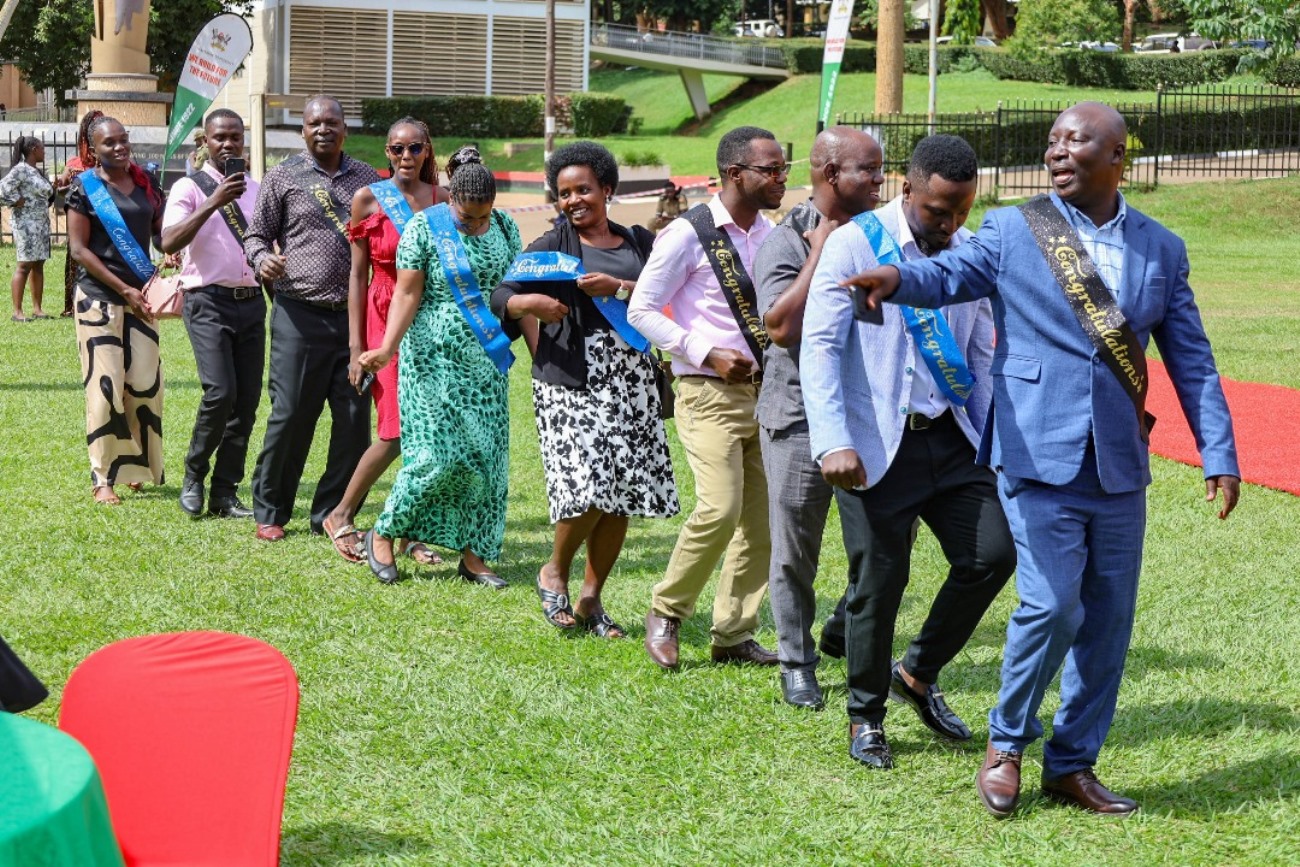
He extended his heartfelt gratitude to cultural institutions, especially the Kingdom of Teso, and others kingdoms such as the Kingdom of Acholi, in building Uganda’s future through creating strong families. Nuruh Mbalyowere, a Rehabilitation and Reintegration Officer with the Uganda Prisons Service, was honored for developing the best parenting intervention titled “Parenting Behind Prison Bars.” She expressed her intention to apply the knowledge gained both at home and in her workplace.
Health
MakSPH, DJC Launch Short Course on Health Communication
Published
3 weeks agoon
June 20, 2025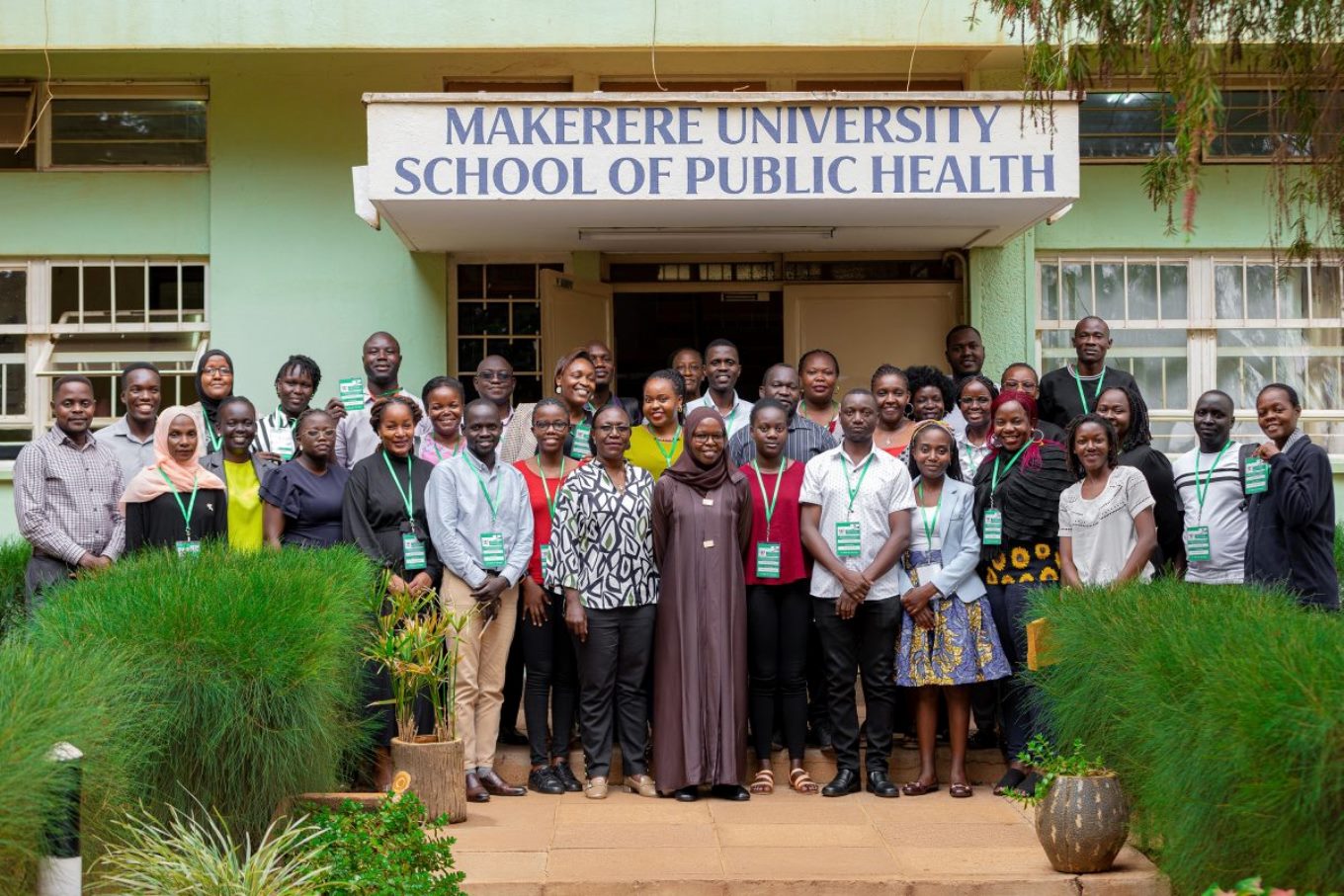
By Okeya John and Primrose Nabankema
The intensive one-month course, running for the first time from June 5 to July 24, 2025, is jointly offered by Makerere University School of Public Health (MakSPH)’s Department of Community Health and Behavioural Sciences (CHBS) and the Department of Journalism and Communication (DJC) at the School of Languages, Literature, and Communication (SLLC), co-designed in 2024 with support from the Rockefeller Foundation through Amref Health Africa.
It seeks to equip healthcare providers at the community level, public health and environmental health practitioners, communication specialists, health educators, community development officers, social scientists, and policy makers, among others, with strategic communication skills to improve public health messaging, strengthen community engagement, and support evidence-based interventions, ultimately empowering participants to effectively engage communities and improve population health outcomes across Uganda and the region.
Launching the course, the heads of the Department of Journalism and Communication and the Department of Community Health and Behavioural Sciences noted that participants who complete the short course will gain practical tools to influence behaviour change, build trust, and deliver timely, accurate, and relevant health information to the communities they serve. The first cohort attracted more than 60 applicants, with 36 reporting for the opening in-person session on June 5, 2025, at MakSPH in Mulago. Between now and July, participants will undergo a hands-on, multidisciplinary learning experience within the Certificate in Health Communication and Community Engagement program, which combines theory and practice.
Among the participants in the first cohort of the certificate course, designed as a pilot for the anticipated Master of Health Promotion and Communication to be jointly offered by the two departments at Makerere University, is Ms. Maureen Kisaakye, a medical laboratory technologist specialising in microbiology and antimicrobial resistance (AMR), and currently pursuing a Master’s in Immunology and Clinical Microbiology at Makerere. She is driven by a passion to help reverse the rising tide of AMR, a growing global health threat where drugs that once worked are no longer effective. Kisaakye is particularly concerned about common infections, like urinary tract infections, becoming increasingly resistant and harder to treat.
“I enrolled in this course because I’m an advocate against antimicrobial resistance, and it came at a time when I needed to deepen my knowledge on how to implement our projects more effectively and engage with communities. The experience has broadened my understanding of AMR and its impact on society, and strengthened my passion for community-driven health initiatives and advocacy,” Kisaakye said, explaining why she enrolled for the short course.
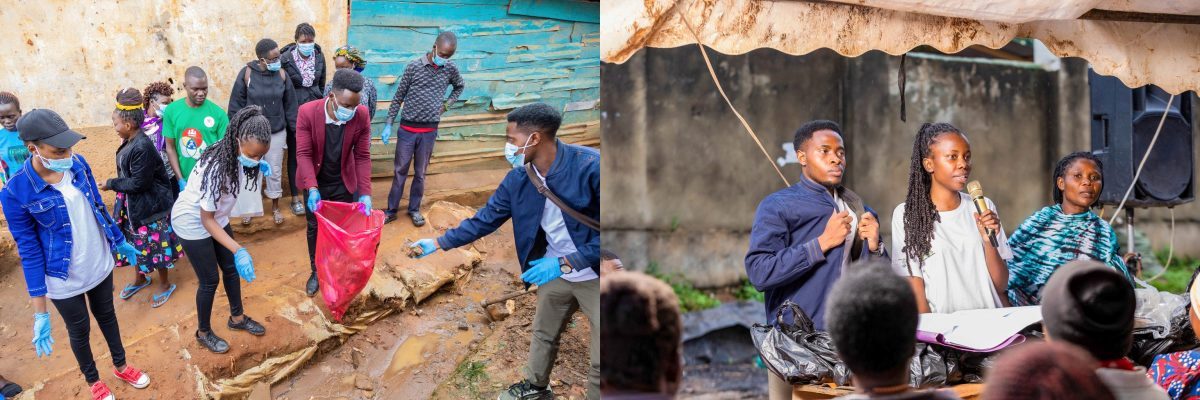
Kisaakye’s work in antimicrobial resistance extends beyond the lab. Having earned her degree in medical laboratory science from Mbarara University of Science and Technology, she founded Impala Tech Research in 2024 to drive impact and save lives. She has led grassroots AMR campaigns that integrate antimicrobial stewardship with water, sanitation, and hygiene (WASH) education in underserved urban communities, including the informal settlements in Kampala. She also has since designed peer-led initiatives that empower university students as AMR Champions, building a network of informed youth advocates. Kisaakye believes the health communication course will sharpen her ability to design and deliver impactful, community-centred interventions in response to the growing threat of drug resistance.
“The department collaborates with many partners within and beyond the University, including the School of Public Health, where we are working to develop the subfield of health communication and promotion. Our goal is to train specialists in this area and build a community of practice, something we have each been doing in our own spaces. There’s a lot of work ahead, and COVID-19 showed us just how urgently we need a generation trained to do this kind of work, and to do it very well,” said Dr. Aisha Nakiwala, Head of the Department of Journalism and Communication, during the opening of the short course on June 5.
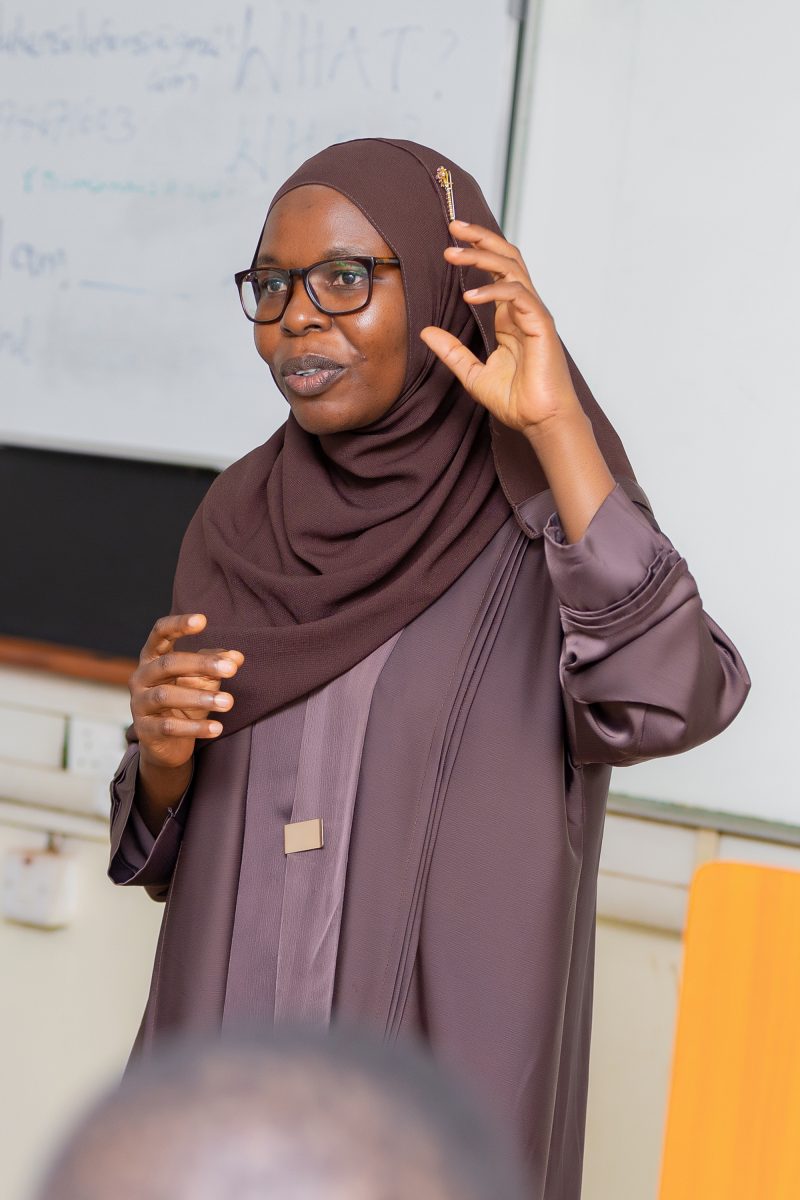
She assured participants they were in good hands and underscored the importance of the partnership between the Department of Journalism and Communication and the School of Public Health, describing it as a vital collaboration that brings together strategic communication and public health expertise. This dynamic, multidisciplinary approach, she noted, is essential to developing practical solutions that empower communities, strengthen health systems, and ultimately improve livelihoods.
The course offers a hands-on, multidisciplinary learning experience, with participants intended to explore key modules including Health Communication and Promotion, Risk Communication, Smart Advocacy, Community Mapping, Community Mobilisation and Empowerment, and Strategies for Community Engagement. The course combines theory with real-world application, and its assessment includes a field-based project and a final exam.
“You are our first cohort. We are seeing the fruits of our efforts in bringing this short course to life. It was born out of a joint initiative to develop a Master’s programme in Health Promotion and Communication,” said Dr. Christine Nalwadda, Head of the Department of Community Health and Behavioural Sciences. “We carried out extensive consultations with our different key stakeholders during the process and discovered a real need for such a course. It was the stakeholders who even named it; this course name didn’t come from us.”
For Kisaakye, by the end of the course in July, she hopes to have sharpened her skills in health promotion and strategic communication, particularly in crafting targeted messages that help individuals and communities effectively respond to threats such as antimicrobial resistance. She also aims to gain practical experience in designing, implementing, and evaluating community health initiatives that can strengthen her advocacy and drive lasting impact.
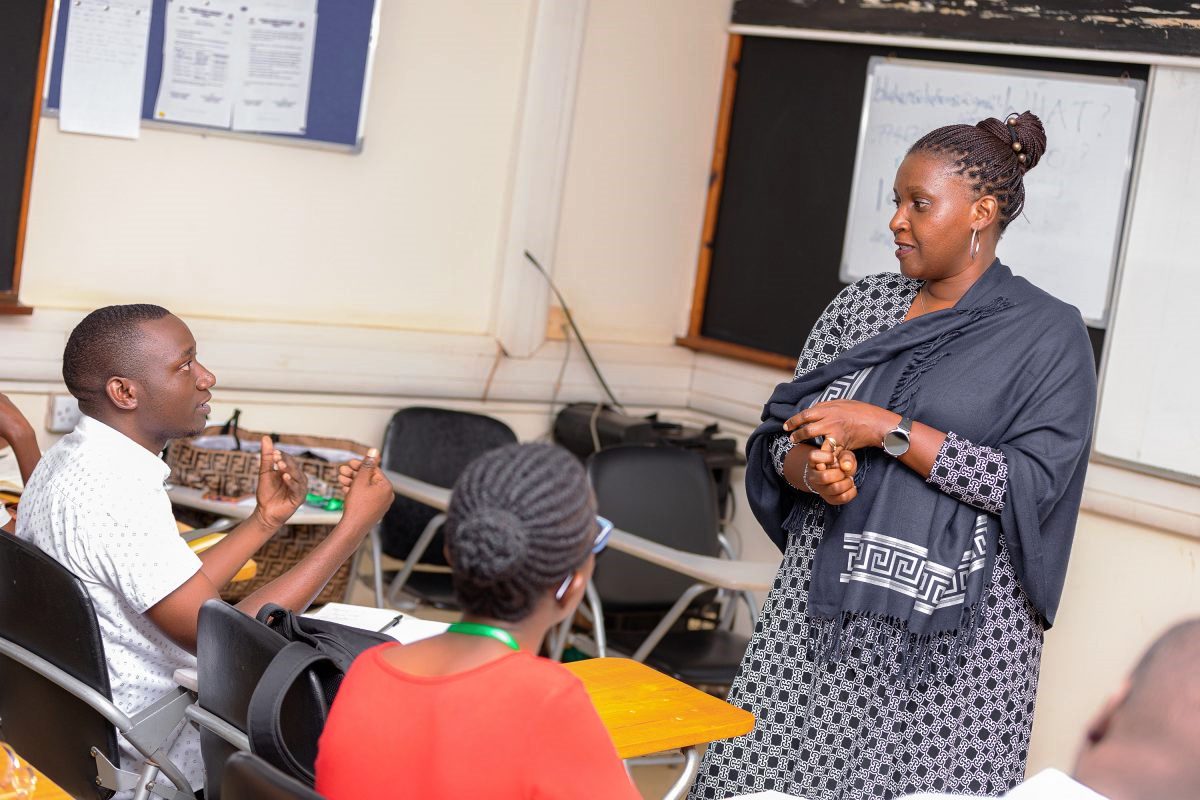
Trending
-

 Education4 days ago
Education4 days agoAdmission List to Bachelor of Education External (BED) 2025/26 -Private Sponsorship
-

 General7 days ago
General7 days agoUndergraduate Admission List Self Sponsorship Scheme 2025/2026
-

 General2 weeks ago
General2 weeks agoMature Age Scheme Exam Results for 2025/2026
-

 General2 weeks ago
General2 weeks agoFreshers’ Joining Instructions 2025/2026
-
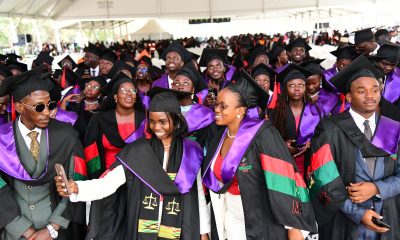
 General5 days ago
General5 days agoAdmission Lists for – Bachelor of Laws 2025-26
